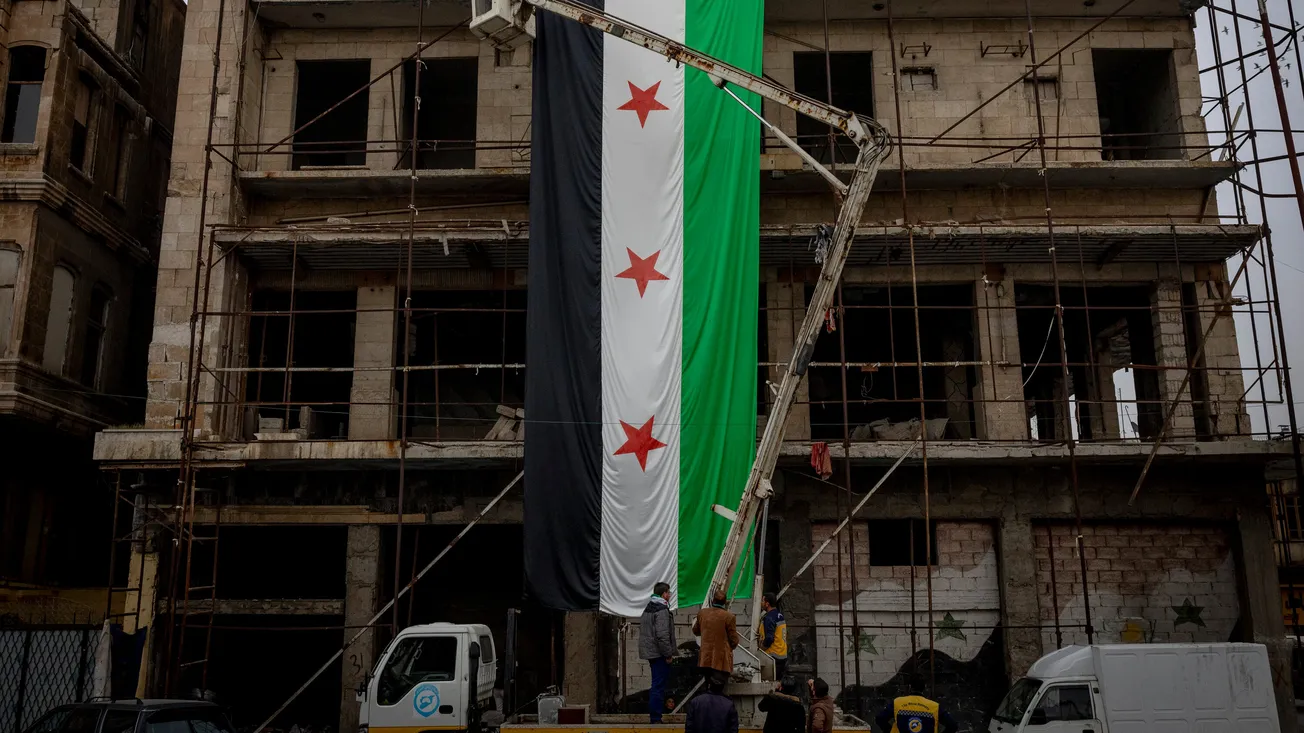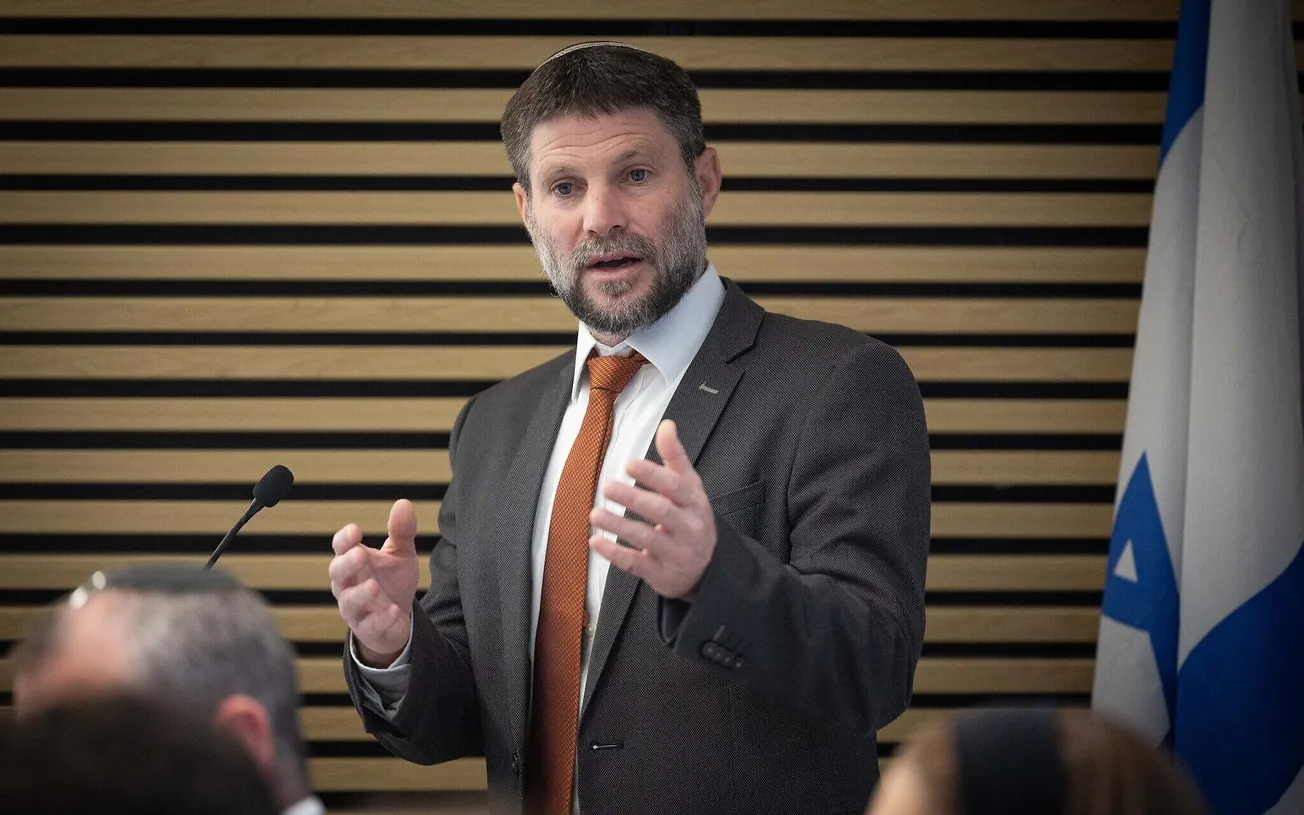Since October 7, 2023, when Hamas launched a surprise attack on Israel, the Middle East has been thrust into one of its most intense and multifaceted conflicts in recent history. This escalation has gone beyond the Israel-Gaza conflict, expanding to include Israel’s military operations against Hezbollah in Lebanon, Houthi forces in Yemen, and Iranian-linked sites in Syria. All of these actions have been justified by Israel under the broad label of “counterterrorism.” However, the widening conflict underscores a deeper crisis: inconsistent Western interventions—particularly from the U.S. and U.K.—that have not only failed to bring stability but, as Ian Bremmer highlights in his recent “State of the World” analysis, may be exacerbating the region’s volatility through selective applications of international law.
The Expanding Israeli Campaign
Initially framed as retaliation against Hamas, Israel’s response to the October 7 attack has evolved into a broader regional campaign. Airstrikes and military operations have extended beyond Gaza to engage Hezbollah targets in Lebanon, Houthi forces in Yemen, and Iranian-linked operations in Syria. For Israel, these actions are positioned as preemptive measures to neutralize “terrorist” threats; however, the broad application of this label has raised international concern over what constitutes justified defense versus aggressive expansionism. In practice, the Israeli response has amplified regional polarization, leading other groups to align against what they see as Western-backed Israeli aggression, further destabilizing an already fragile Middle Eastern security environment.
This expanded conflict also reveals the challenge of applying international law consistently. While the U.S. and U.K. support Israel’s right to self-defense, their near-unconditional backing has contributed to widespread civilian casualties and severe humanitarian crises, especially in Gaza. The silence of Western powers on these impacts contrasts sharply with their readiness to condemn similar actions when undertaken by other states, reinforcing a perception of double standards. As Bremmer argues, selective application of international norms is contributing to what he calls the “multipolarity of instability,” a reality where power is fragmented, and influence is weakened by inconsistent principles.
Western Inconsistencies and International Law
For years, the West, particularly the U.S. and U.K., has positioned itself as a standard-bearer of international law, often intervening in global conflicts with a stated mission to protect human rights. However, in the Middle East, this mission has been marred by selective enforcement, allowing for impunity in situations where allies are involved. The current crisis exemplifies this inconsistency: while Israel’s operations extend across borders under the banner of counterterrorism, little attention has been paid to the impact on civilian populations in Gaza, Lebanon, Yemen, and Syria. The U.S. and U.K. have offered blanket support for these actions, downplaying violations of humanitarian principles that their own policies otherwise seek to uphold.

This double standard has not gone unnoticed. Ian Bremmer’s analysis points out that the world order is increasingly unstable because of these inconsistencies. For groups across the Middle East—be they state actors or militant factions—the selective application of international law by Western powers has long been a source of disillusionment. The lack of accountability when allies like Israel act aggressively, compared to swift censure of opponents, signals to these groups that international law is, at best, selectively applied and, at worst, a tool for Western self-interest. This fuels regional factions’ sense of legitimacy, justifying their own resistance against what they see as Western-imposed double standards.
Hezbollah, Houthis, and Broader Regional Tensions
As the conflict has spread, other groups have increasingly mobilized, framing their actions as resistance not just to Israel but to Western-backed policies that overlook the plight of Palestinian and other Middle Eastern populations. Hezbollah in Lebanon has launched its own retaliatory strikes, while Houthi forces in Yemen have targeted shipping routes in the Red Sea, further complicating the security dynamics. These factions argue that their actions are in response to perceived Western disregard for Palestinian suffering and broader Middle Eastern stability.

These dynamics play into Bremmer’s concept of fragmented global power, where regional actors challenge a diminishing Western influence. The U.S. and U.K. remain influential but are increasingly seen as biased, which undermines their standing as effective mediators. By unreservedly supporting Israel’s military actions, they risk eroding the very foundations of international law they once championed, and in doing so, invite further instability rather than deterring it.
Calls for Diplomacy from GCC Countries
Amid this escalating crisis, regional powers within the Gulf Cooperation Council (GCC), including Saudi Arabia, the UAE, and Qatar, have called for diplomatic solutions and adherence to humanitarian principles. Through official channels and social media, leaders from these nations have urged restraint, calling on all sides to prioritize peaceful negotiation. Saudi Arabia’s Foreign Minister, Prince Faisal bin Farhan, emphasized the need for regional stability and adherence to international law, advocating for a diplomatic resolution that respects the rights of all parties, including Palestinian civilians caught in the conflict.
#UAE Condemns Military Targeting of the Islamic Republic of #Iran
— Afra Al Hameli (@AfraMalHameli) October 26, 2024
The United Arab Emirates has strongly condemned the military targeting of the Islamic Republic of Iran. The UAE expressed deep concern over the continued escalation and its repercussions on regional security and…
These appeals stand in sharp contrast to the Western powers’ approach, which has favored military responses over meaningful diplomatic engagement. The GCC countries’ insistence on diplomacy reflects their understanding of the regional stakes: unchecked escalation threatens their economic stability, security, and progress toward long-term development goals. However, these appeals remain largely symbolic without Western backing and substantive enforcement of international norms.
Toward Consistent Accountability and Long-Term Stability
The current conflict reveals an urgent need for a redefined approach to Western diplomacy in the Middle East—one grounded in consistency and impartiality. For the U.S. and U.K. to maintain influence and foster peace, they must enforce international law uniformly, regardless of political alliances. Supporting Israel’s right to defense while disregarding civilian impact in Gaza, Lebanon, or Yemen weakens the West’s credibility, encouraging militant factions and fueling animosity across the region.

Western powers have an opportunity to shift their strategy by aligning with diplomatic efforts from GCC countries and supporting neutral accountability frameworks. Such an approach would not only reaffirm their commitment to human rights and international norms but would help to mitigate the sense of disenfranchisement that drives factions like Hezbollah, Hamas, and the Houthis. A balanced approach, rooted in impartiality, is essential for de-escalating the current crisis and restoring trust in Western mediation.
Toward a Unified Vision for Stability
The lack of consistency in Western responses to Middle Eastern conflicts has amplified the region’s volatility and deepened distrust of Western intentions. Bremmer’s analysis on the “multipolarity of instability” highlights the global repercussions of this approach, where a selective application of international norms perpetuates crises rather than resolving them. For the U.S. and U.K. to regain their standing as peace brokers in the Middle East, they must shift toward a diplomatic strategy that respects the sovereignty and humanity of all parties involved.
GCC countries’ calls for restraint and dialogue offer a path forward, one that prioritizes stability over military solutions and encourages regional cooperation. Adopting this perspective would not only help stabilize the Middle East but reaffirm the West’s dedication to a rules-based international order that benefits all parties. For the region and the world, a genuine commitment to impartial diplomacy is essential if lasting peace is to be achieved.




